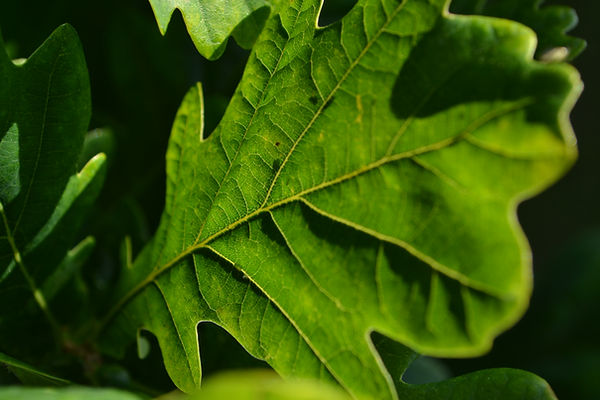
What is Nature Connection?
Nature connection is about our sense of relationship with the rest of nature – how we think about, feel towards, and interact with the more-than human world.
Nature connectedness refers to the strength of our relationship with nature, as a state of mind and emotional bond. When deeply connected with nature, we see ourselves as part of the natural world and value this relationship. We actively seek out opportunities to engage with the more-than-human, appreciate the feelings of wonder, calm and joy that we experience in nature, and give close attention to the details and beauty of nature. Having a strong sense of nature connectedness brings meaning to our lives, and a desire to live in harmony and reciprocity with the rest of the natural world.
On average, people in the UK have weaker connections with nature than those in other European countries. There is also a widespread lack of attention towards the natural world – most people in the UK don’t listen to bird song, watch butterflies or take any photos of nature. These simple practices of noticing and enjoying nature are vital for growing a sense of connection with the rest of nature, with benefits for both personal and environmental wellbeing.
Taking moments to be with nature, rather than just being in it, is the key to improving nature connectedness. Making use of the pathways to nature connectedness - senses, beauty, emotion, meaning and compassion - helps us to deepen and expand our relationships with the rest of nature, brings a sense of mental wellbeing, and makes us more likely to help nature.
Key Benefits
01
Increased happiness
02
Greater life satisfaction
03
More resilience
04
Better emotional regulation
05
Lower anxiety
06
Reduced stress
07
Greater empathy
08
More pro-social behaviour
06
Improved creativity
10
Pro-environmental behaviour
11
Pro-conservation behaviour
People with a stronger sense of connection with nature benefit more from time in nature than those who are less connected. While time spent sitting or walking in nature will benefit most people, those who feel more like a part of nature will pay more attention to the more-than-human and experience greater wellbeing boosts than those with a lower sense of nature connectedness.
There is a large and robust body of research now that shows nature connection is important for individuals, communities and for the environment.
Mental Health and Wellbeing: A strong sense of nature connectedness is associated with greater life satisfaction, vitality, happiness, resilience, emotional regulation, and lower anxiety.
Pro-social Behaviour: Those with stronger nature connectedness show greater empathy, perspective-taking, and pro-social behaviours.
Pro-environmental and pro-nature behaviour: People with a close relationship with nature are more likely to take action to help nature, including carbon-cutting behaviours, waste and pollution reduction, conservation behaviours, and civic action for the environment.



